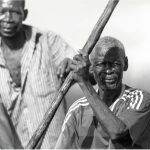Zambia Belonging
How do we archive a feeling? An experience? An intangible thing – the sentimental – into a format that ages well for future generations?
Zambia Belonging is a counter-archive of objects that explore home, identity and belonging from people that have a connection to Zambia. One of the first objects we have chosen to start our exploration with is photography – making our current movement to “explore identity through photographs from the past.”

“Everything we do comes down to belonging. This is all [that] we have: our humanity and how we take care of each other.” – James Barnor
The reason we started with photography is due to the forgotten and uncollected photographs that were unearthed in July 2018 from the attic of Fine Art Studios – an establishment over 60 years old which is still found on Chachacha Road, Lusaka. This collection of photographs with no date, photographer or owner, triggered the start of this project and inaugurated our collection. This makes a core part of Zambia Belonging’s photographic collection an ‘orphanage’ of images from Fine Art Studios that are to be repatriated to their rightful owners.
What can photographs do?

- Photographs, ultimately, are an act of preservation for “future remembrance”. A preservation of memory, of identity, of sentiment. There are moments and events that we need to remember; and photography presents itself as a seemingly reliable medium.
- For family contexts, a photograph can put a face to that uncle your father always spoke about. You begin to wonder – what did he sound like? What kind of jokes did he tell? Would we have got on if we met?
- Identity is rooted in history. No matter how many times we move countries, reinvent ourselves, our hair, our fashion – our tendencies, features, accents are rooted in an identity and lineage that we are not always aware of. Photographs from the past make us feel closer to a visual history we may have never known, for how do we understand ourselves if we do not know where we come from?
What’s in a name?
When realising the identity of this project, we intentionally chose not to include the word archive or photo in its name. The word ‘archive’ implies something that is hidden or put away. It also suggests that the thing being archived is a thing of the past – a closed and static matter. Whereas Zambia Belonging is an un-archiving project that wishes to make visible and accessible lesser–known stories. Stories, feelings and musing that are ongoing, fluid and changing.

Furthermore, as we begin our movement with photographs, including the word ‘photo’ in our name would make the image the only consequence of the project, when really the image is where everything begins. Our approach is to explore what happens after the image. How do the images in our collection find life after scanning and exhibiting? How do we re-imagine the application and sustain the longevity of these images? Be it through exhibitions, publications, merchandise or research papers about Zambia history – what we are interested in is finding new languages in which we can explore and represent our identity politics as an African country.
Identity – Photographs – Memory – Identity – Belonging – Identity
our intervention occurs here, as it allows for a plethora of explorations with accessibility and inclusivity at the core.
After considering the ecosystem and key themes associated with the nature of the project, we identified ‘belonging’ to be the overarching theme that could allow for the inclusion and space for all ways in which we belong. After all – even though how we identify is extremely personal and specific; often experienced in isolation – we all collectively share a pre-occupation at some point or the other, around where we belong and who we are. We may not always understand it but the aim of the project is to unpack and explore that further, especially in the Zambian context.

To allow the space for that, we called the project Zambia Belonging. An abstract enough rhetoric title that can unfold and lead the project in many ways. It feels personal even though you aren’t sure what the belonging is, what it belongs to. It feels almost like a story – like someone has your belongings and you can come fetch them, which is what started this project – the uncollected belongings from the attic of a photo studio.
Why contribute?
As singular identities are a rarity, especially with globalisation, migration and travel becoming easier, we find new languages, vocabularies and platforms that cater to representing intersectional identities. If we can foresee what the future might look like, we are in a better position to collect, preserve and document stories in a way that reflects the times.
By putting together a community-built counter-archive of the collective identity of Zambia, we are able to put forward a progressive approach to the knowledge production, dissemination and preservation of our history. Due to its self-governed nature, Zambia Belonging breeds a sense of ownership to our history and our stories. Furthermore, as libraries of people and their memories slip away from us, the matter becomes even more imperative to address.

Zambia Belonging offers a maintenance of memory. Of home, of time, of identity. While granting us access to our past, a project like this also benefits us in the present as mediums like photography allow us to better understand ourselves. We become better for it when we know who we are and where we come from. However, it must be noted that if we are dealing with politics of home, identity and belonging, we cannot assume that everybody has had the opportunity to experience that in a linear or traditional way. We cannot speak of home, identity and belonging without acknowledging the forcibly removed, the undocumented, the wrongfully incarcerated or the homeless. Zambia Belonging is about exploring all notions of home-hood, nationhood and belonging – even in places where these notions are absent, incomplete or interrupted.

There are some instances where there are so many identities or cultures with which one identifies. Third culture members of the diaspora are often left without a clue where to call home. Thus, as Zambia Belonging builds its repository of belongings – where photographs, writings or objects around belonging are homed, documented, shared and digitised – we ask: How do you belong? What things make you feel like you belong? It can be the smell of a place, the thing in our hearts, the memory of a home.
*All featured images are found images that were discovered at Fine Art Studios, Chachacha Road, Lusaka
Facebook and Instagram:
@zambiabelonging
@everydaylusaka



